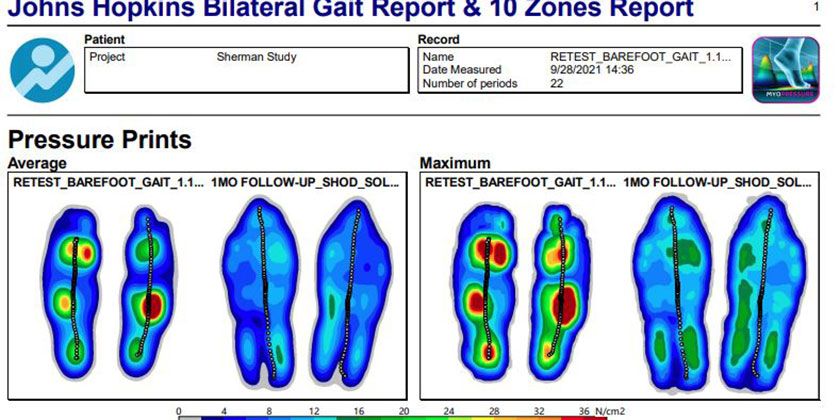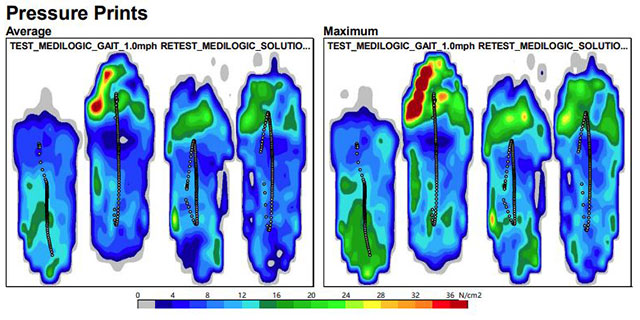Fellowship Curriculum and Experience
The focus of this fellowship is to provide an advanced comprehensive program in limb preservation management and wound care, to develop a global understanding of limb preservation and to graduate a well-rounded and ethical lower extremity surgeon to the benefit of our patient’s ambulation and longevity.
This fellowship is an additional year (twelve months) of subspecialty training entered into after the successful completion of any of the following:
- Five years General Surgery
- Two years Vascular Surgery Fellowship
- Five years Vascular Surgery Integrated Residency
- Six years Plastic Surgery
- Five years Orthopedic Residency;
- Three years of Podiatric Medicine and Surgery Residency
Candidacy
The qualified candidate should have graduated from either an ACGME approved residency program or a CPME approved 3-year residency. General Surgery residents can also apply as part of their research year(s). This additional year will offer the fellow advanced surgical management of diabetic foot pathology, as well as in-depth exploration of established paradigms of multidisciplinary limb salvage, foot, and leg deformity care.
Curriculum
The Fellowship curriculum corresponds to evidence-based practices for lower extremity fellowships, as well as a wound care core curriculum. Skills and competencies are specified and will be distributed annually to the fellows, and reviewed by the fellow before each rotation. Surgical competencies will be reviewed every three months using a fellow’s case log to confirm the experience, illustrate strengths and weaknesses, and create an action plan for improvement. The wound care core curriculum is intended to aid in recognizing and understanding the pathophysiology of normal and abnormal healing, as well as understanding and addressing the multifactorial elements of wounds, not only for healing but also to prevent recurrence.
Research
Research initiatives include participation in our Noraxon Gait Analysis laboratory, exploring the abnormalities of gait correlating to the development of diabetic foot re-ulceration, as well as partaking in our novel gait assistance solutions and ankle-foot orthosis.


Collaboration
In addition, the fellow will interact with our esteemed faculty, as well as our Johns Hopkins vascular surgery fellows, advanced practice team, and certified wound care nurse. The fellow will also integrate with our robust Johns Hopkins Home Care Group for continued home care towards successful patient outcomes. The fellows will also work closely with the diverse members of the Johns Hopkins medical, plastics, orthopedics, rehabilitation, and nursing community, in an effort to better understand the coordination of care required to achieve excellent outcomes.

